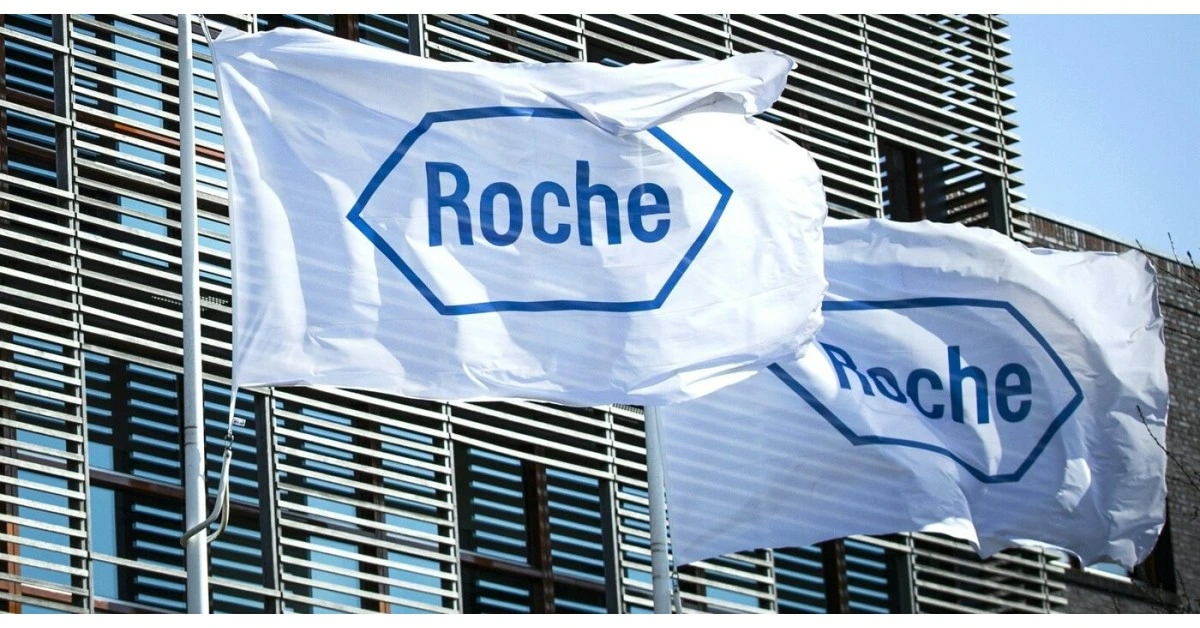
SWITZERLAND – Roche is advancing its promising antibiotic zosurabalpin in the global fight against drug-resistant infections, moving it into Phase 3 clinical trials.
This novel treatment targets carbapenem-resistant Acinetobacter baumannii (CRAB), a dangerous “superbug” recognized as a serious public health threat by the U.S. Centers for Disease Control and Prevention (CDC).
This marks a significant milestone in antibiotic research, as zosurabalpin could become the first new treatment in decades for Gram-negative bacterial infections – if it passes regulatory review. The transition to phase 3 comes just 18 months after initial human trials began.
Roche plans to enroll approximately 400 hospitalized patients worldwide with severe CRAB infections for the trial, which is expected to start by late 2025 or early 2026.
These infections often lead to pneumonia, bloodstream infections, and sepsis – conditions that can be fatal, particularly in vulnerable patients. Current treatments for CRAB are limited, and the infection claims hundreds of lives in the U.S. each year.
Developed in partnership with researchers at Harvard University, zosurabalpin is part of a new class of antibiotics known as macrocyclic peptides.
The drug works by blocking the movement of lipopolysaccharides (LPS) to the bacteria’s outer membrane, a process essential for their survival. Without this protective layer, the bacteria die.
One key advantage of zosurabalpin is its resistance to pre-existing bacterial defense mechanisms, which gives it a stronger edge over older antibiotics.
Roche believes the drug’s narrow focus on Acinetobacter could lay the groundwork for future innovations in tackling antimicrobial resistance (AMR) – a growing threat that could cause 10 million deaths annually by 2050, a figure that rivals cancer fatalities.
“Drug-resistant Acinetobacter exists in every country and mostly harms patients already in hospitals,” said Dr. Larry Tsai, head of immunology product development at Roche. “Zosurabalpin may offer a vital tool to stop these deadly infections and help address the broader AMR crisis.”
Roche isn’t stopping with zosurabalpin. It is also developing RG6436, a LepB inhibitor, as another potential antibiotic for treating resistant Gram-negative infections, particularly in complicated urinary tract infections.
The emergence of a new antibiotic class is rare and crucial, particularly as many pharmaceutical companies have withdrawn from this field due to high development costs and low returns.
New antibiotics are often used sparingly to prevent the development of resistance, which limits their sales.
To support innovation in this critical area, some countries like the UK have adopted subscription-style models.
These pay pharmaceutical companies an annual fee for making life-saving antibiotics available, regardless of how often the drug is used.
XRP HEALTHCARE L.L.C | License Number: 2312867.01 | Dubai | © Copyright 2025 | All Rights Reserved